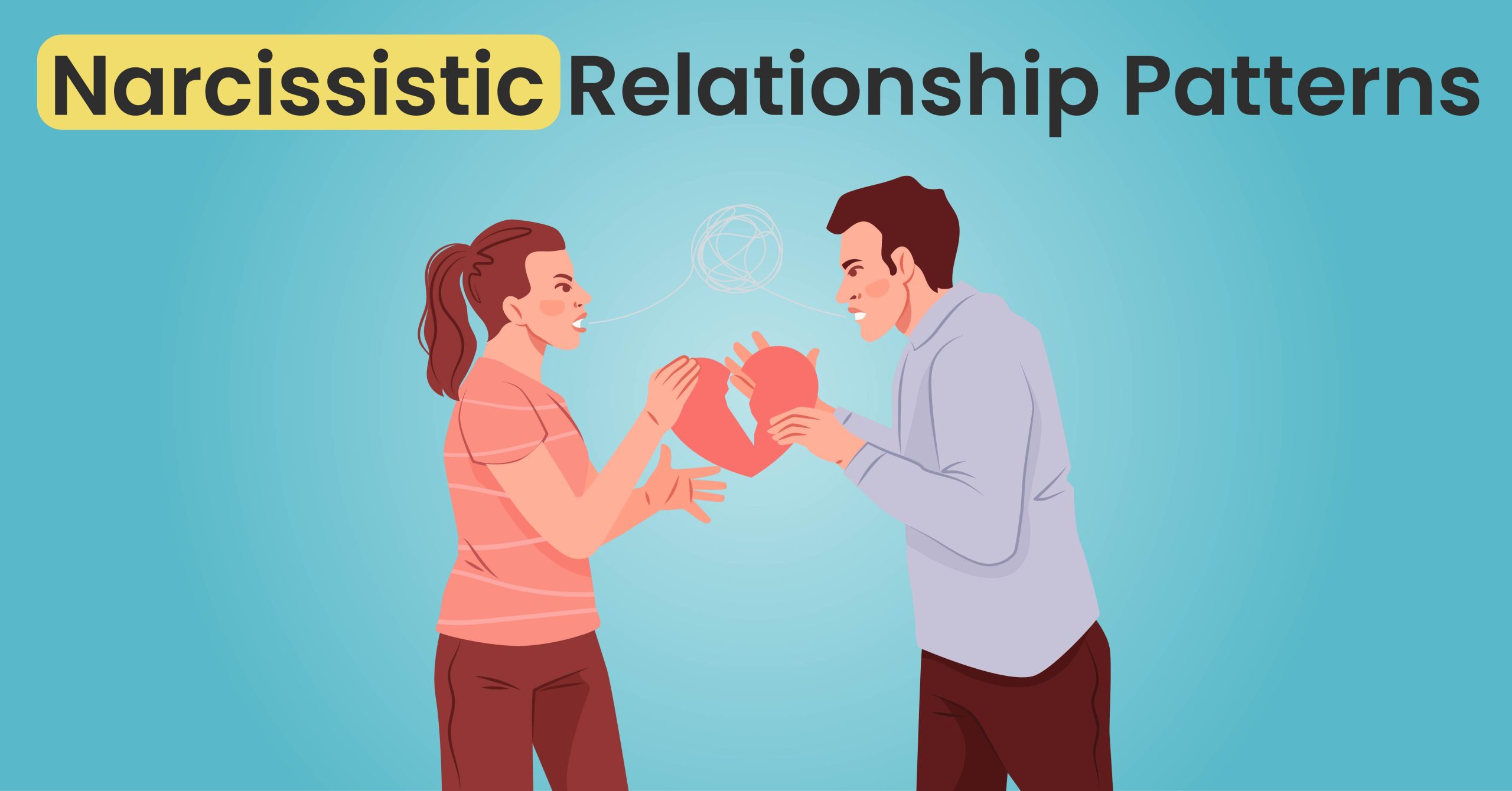It’s hard to imagine that someone you love could hurt you so deeply. But that’s the reality of many relationships with narcissists. They can be charming and captivating at first, but their true nature often emerges later, leaving you feeling confused, hurt, and even questioning your own sanity.
We are here to help you understand what you’re going through, find ways to heal, and ultimately, move on to a healthier, happier life.
What is a Narcissist Relationship? The Dynamics of a Toxic Bond
A narcissist relationship is one where one person (the narcissist) has an inflated sense of self-importance, a need for constant admiration, and a lack of empathy for others. They often manipulate and control their partners to meet their own needs, leaving their partners feeling drained, confused, and emotionally exhausted. This dynamic can be incredibly damaging to the victim’s self-esteem and mental health.
The Stages of a Narcissist Relationship
Narcissist relationships often follow a predictable pattern, often referred to as the “narcissistic cycle”.
The Idealization Stage
This is the honeymoon phase, where the narcissist showers you with attention, affection, and compliments. You feel incredibly loved and special.
The Discard Stage
The narcissist abruptly ends the relationship, often leaving you feeling shocked and devastated. They may move on to a new relationship quickly, leaving you feeling abandoned and confused.
The Devaluation Stage
The narcissist starts to criticize, belittle, and devalue you. They may become jealous, possessive, and controlling. You start to doubt yourself and your worth.
Common Traits of a Narcissists: Recognizing the Red Flags
While not everyone who exhibits these traits has NPD, it’s important to be aware of them:
- Need for Admiration: They crave constant praise and attention.
- Manipulation: They use guilt trips, threats, and other tactics to get what they want.
- Lack of Empathy: They struggle to understand or care about your feelings.
- Grandiosity: They believe they are superior to others and deserve special treatment.
- Controlling Behavior: They try to control your life, your decisions, and even your thoughts.
- Blaming Others: They always blame others for their problems and never take responsibility.
NPD: Seeking Professional Help When Necessary
Narcissistic Personality Disorder (NPD) is a mental health condition characterized by these traits. It’s important to remember that NPD is a complex issue, and not everyone who exhibits narcissistic traits has NPD. If you’re concerned about your partner’s behavior, it’s best to seek professional help. According to the American Psychiatric Association, NPD affects about 6.2% of the population.
Can a Narcissist Be Faithful?
Narcissists often struggle with commitment and faithfulness. They may cheat, lie, or break promises without remorse.

This is because their focus is always on their own needs and desires, not on their partner’s. Research suggests that infidelity is a common occurrence in narcissistic relationships, with some studies indicating that up to 75% of narcissists engage in extramarital affairs.
Dealing with Narcissistic Marriage Problems
Understanding the Complexities of a Narcissistic Marriage
If you’re in a narcissistic marriage, it can be incredibly challenging. You may feel trapped, isolated, and hopeless. It’s crucial to remember that you’re not alone, and there are ways to get help. According to the National Domestic Violence Hotline, 1 in 3 women and 1 in 4 men have experienced some form of physical violence by an intimate partner.
Recognizing When a Narcissist is Finished with You
It can be difficult to know when a narcissist is done with you. They may suddenly become distant, cold, and critical. They may start to show interest in other people, or they may even disappear without a word.
Healing from Narcissistic Relationship
Getting over a narcissistic relationship can be a long and painful process. You may experience:
- Trauma and Abuse: You may have experienced emotional abuse, manipulation, and control.
- Low Self-Esteem: The narcissist’s constant criticism and devaluation can damage your self-worth.
- Grief and Loss: You’re grieving the loss of the relationship and the person you thought you knew.
- Difficulty Trusting Others: You may find it hard to trust anyone after being betrayed by a narcissist.
Getting Over a Relationship with a Narcissist

How to Make a Narcissist Leave
It’s important to remember that you can’t make a narcissist leave. They will only leave when they choose to. However, you can:
- Set Boundaries: Let them know what behavior is unacceptable and what you will not tolerate.
- Protect Yourself: Limit your contact with them and seek support from trusted friends and family.
- Prioritize Your Well-Being: Focus on your own needs and happiness.
The Dynamics of a Narcissist’s New Relationship
Narcissists often move on quickly to new relationships after ending one. They may use these rebound relationships to boost their ego or to get revenge on their former partner.
Covert Narcissists: Identifying the Subtle Signs of Manipulation
Covert narcissists are more subtle and manipulative than overt narcissists. They may appear charming and empathetic at first, but they use passive-aggressive tactics to control and manipulate their partners.
Moving Forward after Narcissistic Relationship
Healing from a narcissistic relationship takes time and effort. It’s important to:
- Seek Professional Help: A therapist can help you process your emotions, rebuild your self-esteem, and develop healthy coping mechanisms. Helply is a great way to get the help you need.
- Surround Yourself with Support: Lean on your friends, family, and support groups.
- Focus on Self-Care: Take care of your physical and emotional health.
- Believe in Yourself: You are worthy of love, respect, and happiness.
Remember, you are not alone. Many people have experienced the pain of a narcissistic relationship. There is hope for healing and recovery. With time, support, and self-care, you can move on to a healthier and happier life.
Ready to take the first step towards healing? Reach out to a therapist or counselor at Helply today. You deserve to live a life free from abuse and manipulation.

